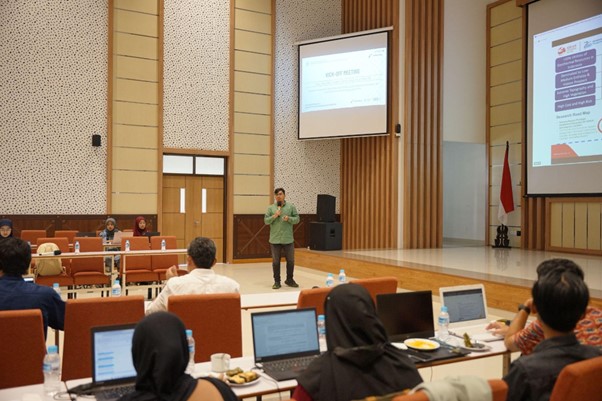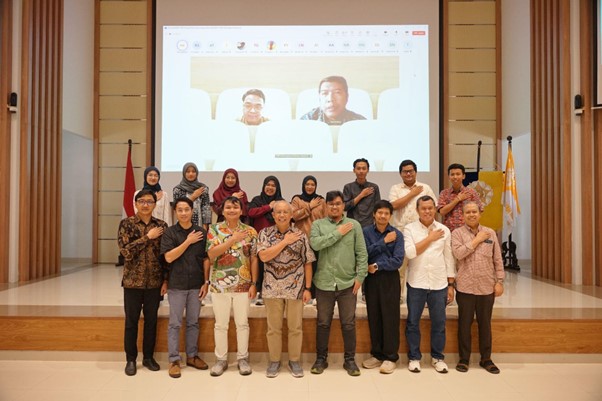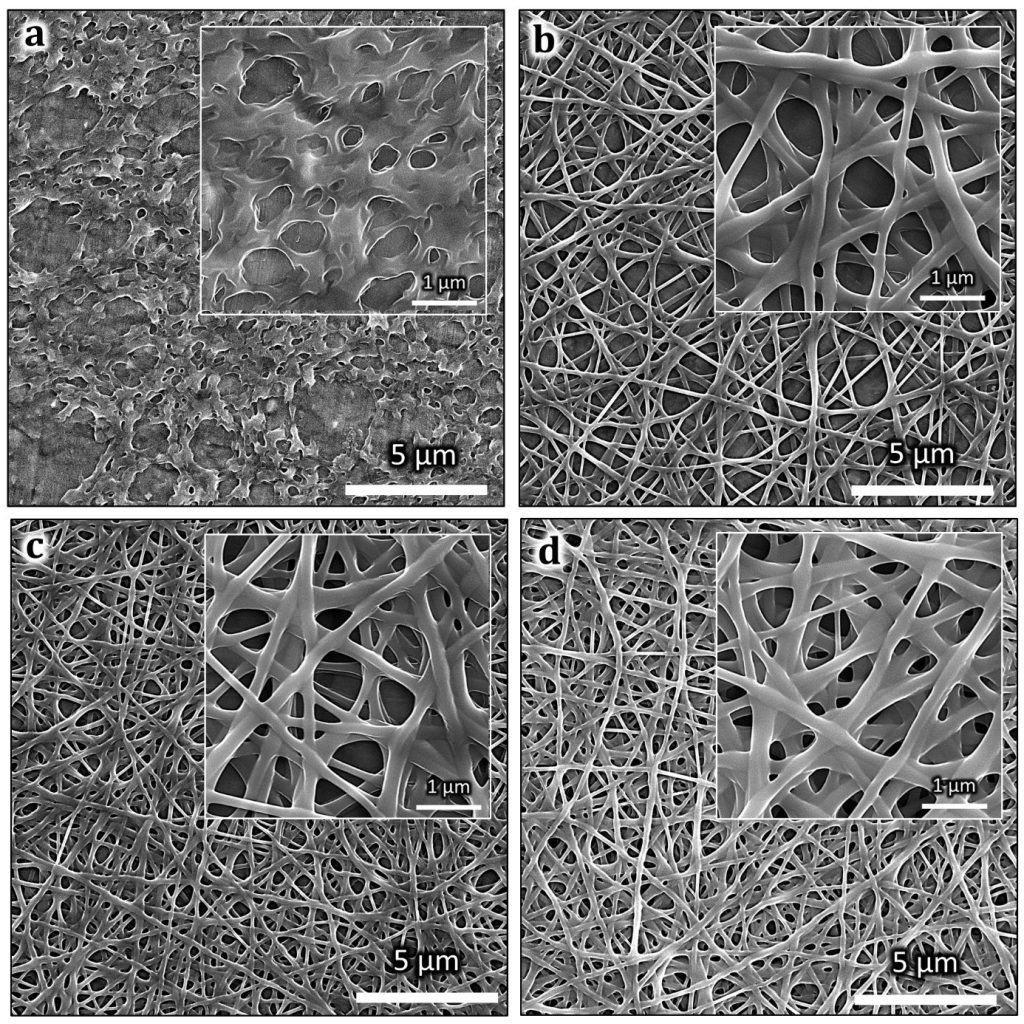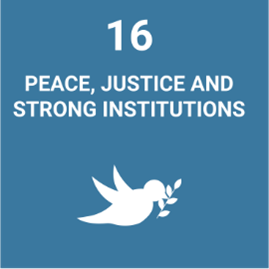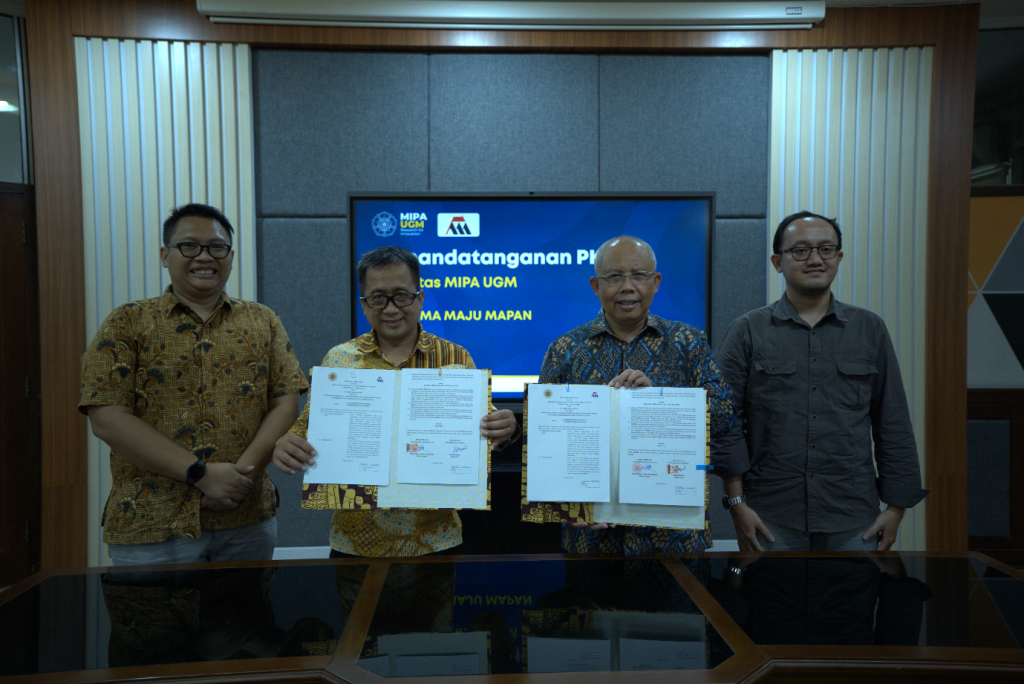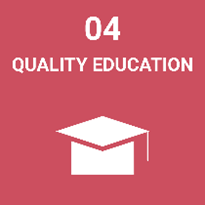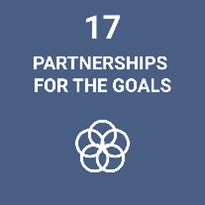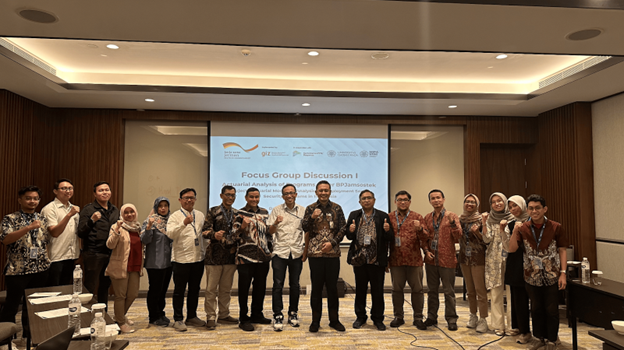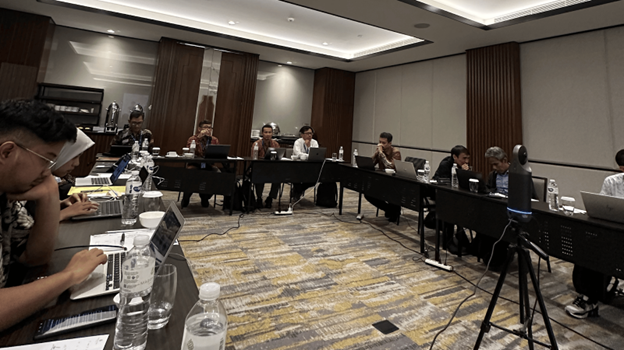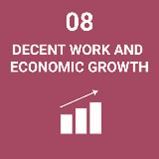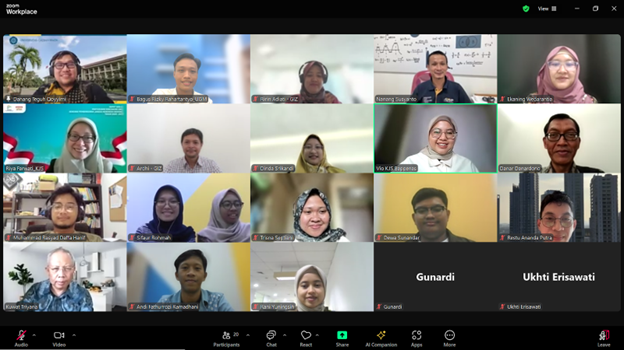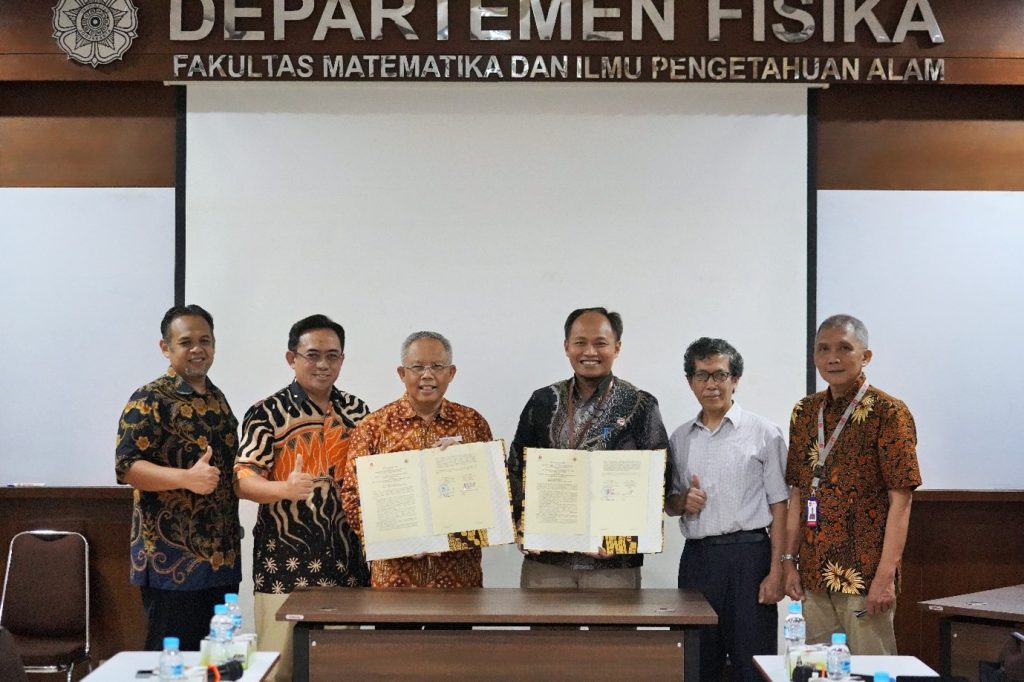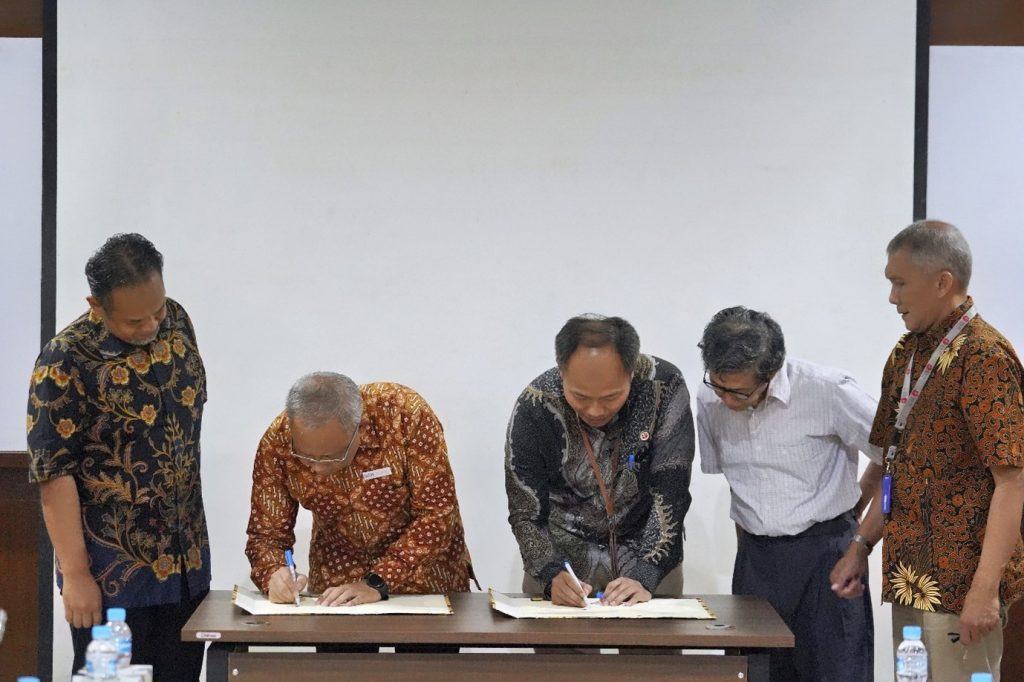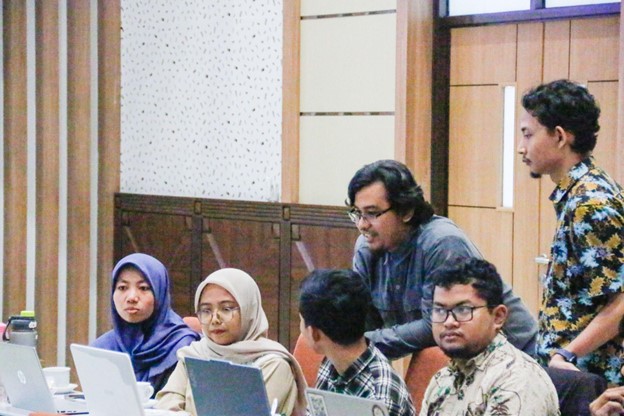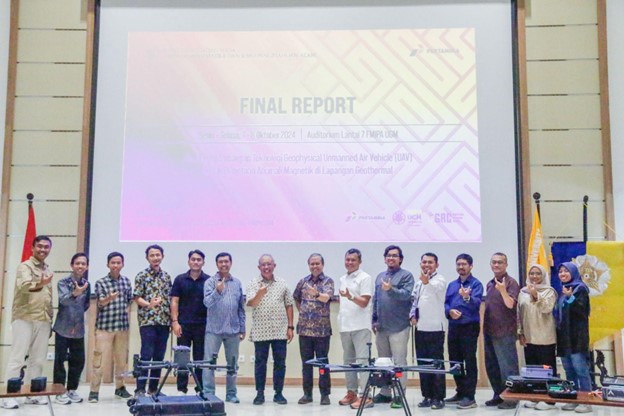Prestasi membanggakan ditorehkan oleh mahasiswa Program Studi Magister Fisika, Departemen Fisika, Fakultas Matematika dan Ilmu Pengetahuan Alam (FMIPA), Universitas Gadjah Mada (UGM). Trisna Julian, alumni mahasiswa magister Fisika UGM, pada saat riset tesisnya berhasil mengembangkan sistem electronic nose (e-nose) berbasis sensor gas berbasis Quartz Crystal Microbalance (QCM) yang inovatif, berbiaya rendah, dan memiliki ukuran (hanya sebesar telepon genggam) paling kecil dibandingkan dengan teknologi sejenis.
Dalam penelitian yang dipublikasikan di jurnal ACS Omega, Trisna dan tim berhasil merancang sistem e-nose portabel yang bekerja berdasarkan prinsip deteksi gravimetrik, di mana perubahan massa akibat adsorpsi molekul pada permukaan polimer dapat menyebabkan pergeseran frekuensi resonansi sensor QCM. Sistem ini menggunakan array sensor QCM yang difungsikan dengan berbagai lapisan polimer aktif, seperti polyacrylonitrile, poly(vinylidene fluoride), poly(vinyl pyrrolidone), dan poly(vinyl acetate).
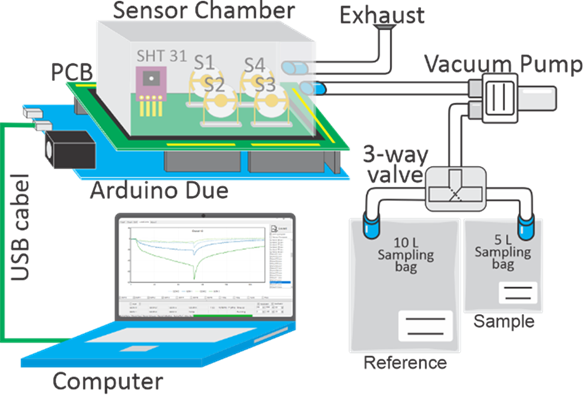
Gambar system e-nose dan skema operasionalnya (Julian dkk., 2020)
Salah satu keunggulan utama dari e-nose yang dikembangkan oleh Trisna Julian adalah ukurannya yang sangat kecil dibandingkan dengan e-nose konvensional. Dengan desain yang ringkas, perangkat ini memungkinkan penggunaan yang lebih fleksibel dalam berbagai situasi, termasuk aplikasi medis, industri pangan, dan pemantauan kualitas udara. Selain itu, konsumsi daya yang sangat rendah menjadi faktor pembeda utama dari inovasi ini. Sensor yang digunakan dalam sistem ini beroperasi dalam suhu ruang tanpa memerlukan pemanasan tambahan, sehingga dapat menghemat energi secara signifikan dibandingkan dengan sensor berbasis metal-oxide semiconductors (MOS) yang membutuhkan suhu tinggi untuk bekerja secara optimal.
Sistem e-nose ini dilengkapi dengan sirkuit akuisisi data (DAQ) multisaluran yang telah dikalibrasi, sehingga dapat mencapai resolusi frekuensi hingga 0,5 Hz. Dengan sensitivitas tinggi terhadap berbagai senyawa organik volatil (volatile organic compounds, VOCs), serta dukungan algoritma pembelajaran mesin seperti Linear Discriminant Analysis (LDA) dan Support Vector Machine (SVM), sistem ini mampu mengklasifikasikan berbagai analit dengan tingkat akurasi hingga 99%.
Menurut Trisna Julian, teknologi e-nose ini memiliki potensi besar untuk digunakan dalam berbagai aplikasi, termasuk diagnosis dini penyakit, pemantauan kualitas lingkungan, serta pengujian keamanan dan kualitas produk di industri pangan dan farmasi. “Keunggulan sistem ini adalah ukurannya yang portabel, konsumsi daya yang rendah, serta kemampuan analisis gas yang canggih berkat integrasi kecerdasan buatan,” ujarnya.
Dosen pembimbing penelitian, Prof. Kuwat Triyana, menambahkan bahwa inovasi ini tidak hanya memperkaya keilmuan di bidang sensor dan teknologi deteksi gas, tetapi juga membuka peluang pengembangan lebih lanjut dalam skala industri. “Ke depannya, sistem e-nose ini selain aspek kualitas metode feature extraction dan model machine learning yang digunakan, dapat dikembangkan sensor-sensor yang lebih fokus kepada aplikasi, misalnya fokus untuk mendeteksi tuberculosis, pneumonia, dan deteksi kehalalan makanan/bahan makanan,” jelasnya.
Dampak Sosial dan Ekonomi
Pengembangan e-nose ini berpotensi membawa dampak positif yang signifikan dalam berbagai sektor, baik sosial maupun ekonomi. Dalam bidang kesehatan, teknologi ini dapat digunakan untuk diagnosis dini penyakit melalui deteksi biomarker gas dalam napas manusia, yang memungkinkan pemeriksaan non-invasif dengan biaya yang lebih terjangkau dibandingkan dengan metode konvensional seperti tes darah atau pencitraan medis.
Dari segi industri, e-nose ini dapat diterapkan dalam kontrol kualitas makanan dan minuman, mendukung standar keamanan pangan, serta mengurangi risiko kontaminasi dan kerugian akibat produk cacat. Selain itu, industri farmasi juga dapat memanfaatkan teknologi ini untuk memastikan stabilitas dan kualitas bahan aktif obat-obatan.
Di sektor lingkungan, e-nose dapat digunakan untuk mendeteksi polusi udara secara real-time, membantu pemerintah dan lembaga terkait dalam memantau kualitas udara serta mengambil tindakan mitigasi yang lebih cepat terhadap ancaman polusi. Dengan sifatnya yang portabel dan hemat energi, e-nose ini sangat ideal untuk diterapkan dalam berbagai kondisi, termasuk di daerah terpencil atau minim infrastruktur.
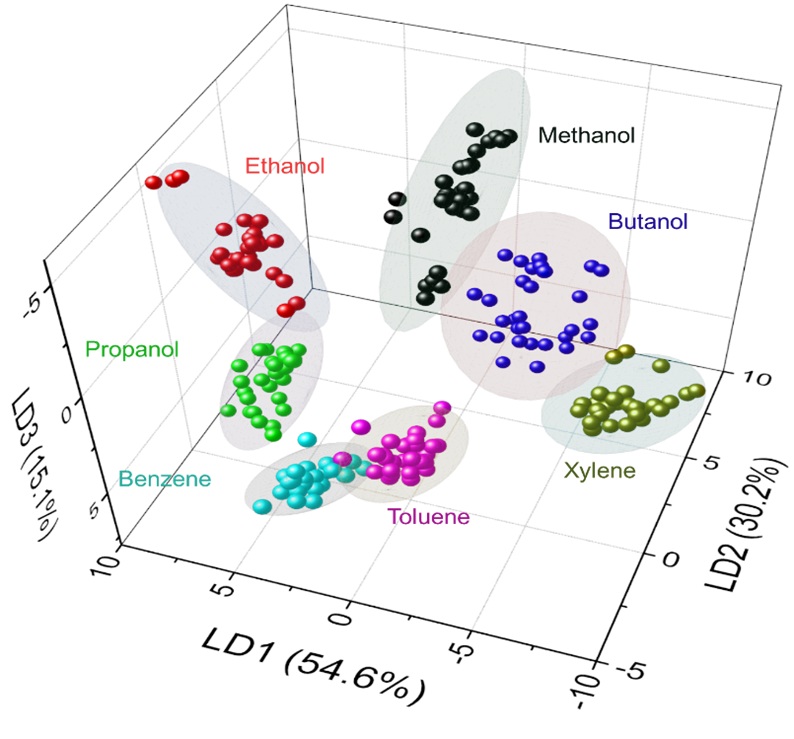
Gambar klasifikasi gas menggunakan linear discriminant analysis (LDA)
Kontribusi terhadap Sustainable Development Goals (SDGs)
Inovasi ini sejalan dengan dua poin utama dalam Sustainable Development Goals (SDGs) yang ditetapkan oleh Perserikatan Bangsa-Bangsa (PBB):
- SDG 3 – Good Health and Well-Being: Teknologi e-nose ini mendukung kesehatan masyarakat dengan memungkinkan deteksi dini penyakit dan pemantauan kualitas udara yang lebih baik, sehingga dapat mengurangi risiko kesehatan akibat polusi dan keterlambatan diagnosis.
- SDG 9 – Industry, Innovation, and Infrastructure: Pengembangan teknologi berbasis e-nose ini mendorong inovasi dalam industri kesehatan, pangan, dan lingkungan, serta membuka peluang bagi sektor manufaktur dalam menciptakan produk berbasis sensor yang lebih canggih dan efisien.
Penelitian ini merupakan bagian dari upaya UGM dalam mengembangkan teknologi berbasis riset yang dapat memberikan manfaat bagi masyarakat luas. Dengan prestasi ini, Trisna Julian telah membuktikan bahwa mahasiswa UGM mampu bersaing dan berkontribusi dalam pengembangan ilmu pengetahuan dan teknologi di tingkat internasional.
Untuk informasi lebih lanjut mengenai penelitian ini, kunjungi publikasi di jurnal ACS Omega: ACS Omega, 2020, 5, 29492–29503.


